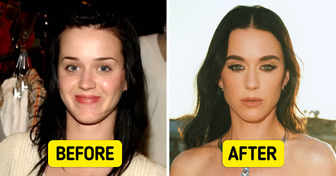“1000-lb Sisters” Star Boldly Rocks a Swimsuit, Looking Completely Unrecognizable After Dramatic Transformation
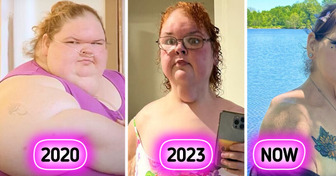
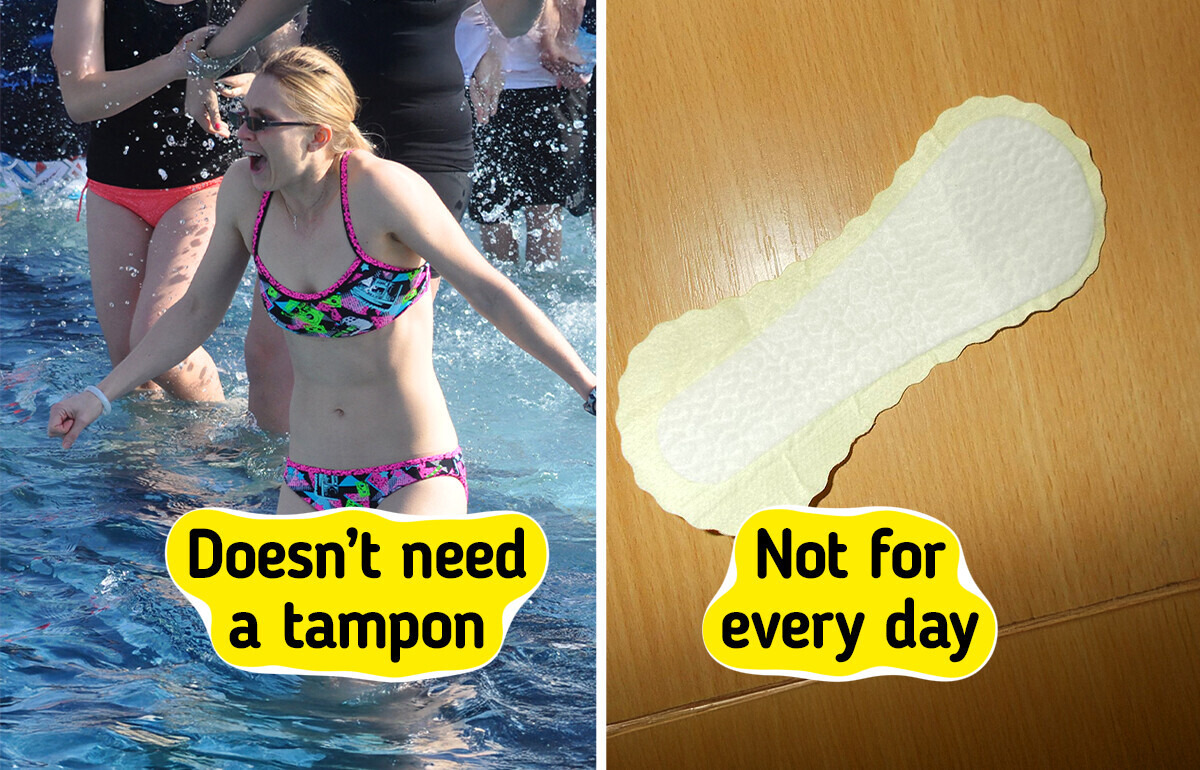
Everyone wants to stay healthy, so it’s natural to trust advice that sounds like common sense. But what if some of those widely accepted “facts” aren’t actually true? Over time, many health myths have been handed down unquestioned — until science came along to reveal the truth. It turns out, not everything we’ve believed is as accurate as it seems. Let’s dive in and uncover what’s fact and what’s fiction!
Content is provided for informational purposes only and is not intended as a substitute for medical advice. Seek guidance from your doctor regarding your health and medical conditions.
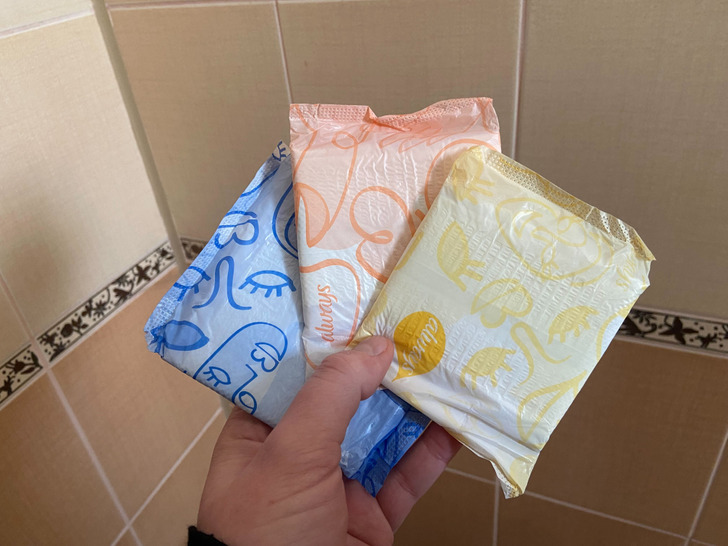
Pads and tampons are not sterile products. If they are not stored properly, bacteria can grow inside them. Mold can also develop on cotton, so even if a hygiene product appears normal, it is best not to use it after its expiration date. The average shelf life of such items is about five years.
Relax — your biggest worry isn’t the seat itself. Most germs don’t last long on hard, cold surfaces like toilet seats. The real risk? Touching germy surfaces like flush handles, door knobs, and faucets, and then touching your face.
The best defense? Wash your hands well after using a public restroom — because it’s what you touch, not where you sit, that really matters!
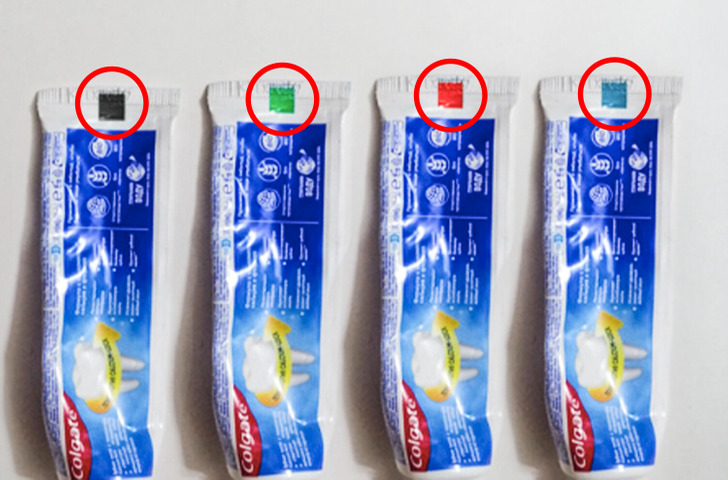
The little colored squares on toothpaste tubes have nothing to do with ingredients. They’re just markers used in manufacturing to help machines detect where to cut and seal the packaging. Checking the ingredient list is the only way to know what’s in your toothpaste. Don’t let packaging myths decide what goes in your cart.
It might save time, but it’s not the best move for your oral hygiene. Showers are warm, damp environments, aka the perfect breeding ground for bacteria. That’s why keeping your toothbrush in there is not ideal.
Panty liners are designed to help you feel fresh throughout the day and to protect your underwear from discharge. However, gynecologists advise against using them daily, as it is not necessary and may not be healthy.
It’s better to use panty liners occasionally — for example, at the end of your period or during long trips. Even then, it’s best to avoid scented products, as they can disrupt the natural pH balance of the skin and mucous membranes.
Slathering on too much moisturizer can do more harm than good. Your skin naturally produces oils, but when it senses extra moisture, it slows down its own production. Overdoing it can weaken your skin’s barrier, leading to clogged pores and breakouts.
Consistency is key. Moisturizing twice a day is enough to keep skin balanced. Cleansing or exfoliating first helps your moisturizer work better without needing excess product.
Nice try, but bacteria don’t check the clock! The moment food hits the floor, germs can latch on — whether it’s been one second or five. And if the floor isn’t squeaky clean, the risk is even higher.
Bottom line? If it drops, think twice before you pop it in your mouth. Some bacteria are faster than you think!
Hand sanitizer is handy, but it’s not a total replacement for good old soap and water. While it knocks out many germs, it doesn’t get rid of everything. Some stubborn bacteria and viruses (like norovirus and Clostridium difficile) can still stick around. Soap and water don’t just kill germs; they wash them away, along with dirt and grime, making them the real hygiene heroes.
After gardening or handling raw meat, only soap and water can do the deep clean your hands need!
While they feel relaxing, hot showers strip away natural oils, leading to dryness and irritation—especially in colder weather. Too much heat can leave skin vulnerable and dehydrated. If skipping hot showers isn’t an option, keeping them short (around two minutes) helps minimize damage. Moisturizing right after locks in hydration and keeps skin healthy.
Helping the planet is great, but not if your bottle turns into a germ factory. Bacteria from your mouth build up fast, and if left unchecked, your bottle can become a home for toxic fungi.
The fix is simple. Wash it every day with soap, water, and a bottle brush. A cleaner bottle means cleaner sips with no unwanted extras.
Many women avoid swimming in pools, rivers, or the sea during their period, while others rely on tampons at this time. However, obstetricians and gynecologists emphasize that it is safe to swim in natural bodies of water without using a menstrual cup, tampon, or any other hygiene product — there are no health risks.
In fact, swimming, like other forms of physical activity, can help improve overall well-being. Hygiene products should be used primarily to prevent staining your swimsuit or to avoid contaminating the water.
Be sure to check out our other article where we reveal why, according to a study, you only need to wash 3 specific body parts.




